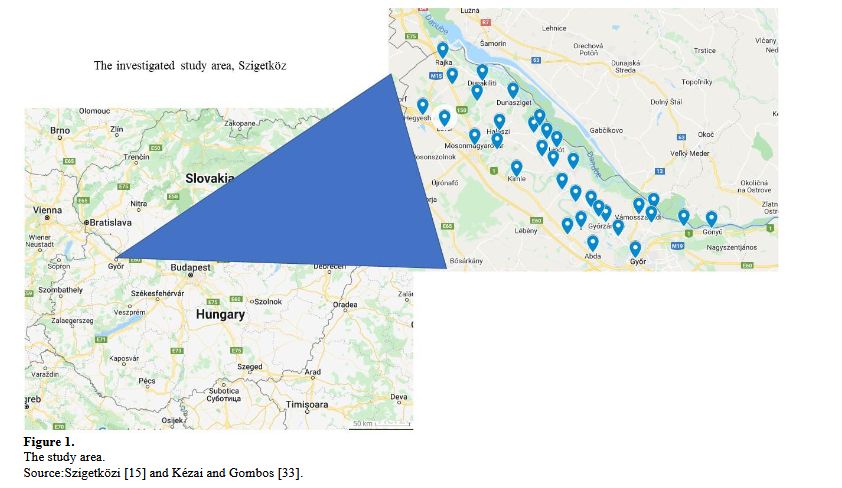The presentation will take place in a hybrid format via zoom interface or in person in the room K.0.11-12 on 30.01.2025, from 13.00.
Speaker: Horn, Dániel
Title: The effect of high-stakes tests on competencies
Abstract:
This study investigates the long-term impacts of high-stakes testing on subsequent academic performance in low-stakes environments. By analyzing Hungarian students who participated in elite secondary school entry exams at age 12, it examines whether the effort invested in high-stakes exams translates into improved performance on the National Assessment of Basic Competencies (NABC) and later academic outcomes. Using a dataset combining individual-level educational assessments and enrollment records, the analysis separates selection effects from causal effects.
The results indicate that students who take entry exams perform significantly better on low-stakes tests in math and reading both four months and two years later, with gains of up to a fifth of a standard deviation. The study concludes that increased effort due to high-stakes testing has a medium- to long-term positive impact on academic achievement, with implications for educational policy on assessment practices.
BIO:
Dániel Horn is a senior fellow and head of the Education and Labour Economics research unit at the Institute of Economics of the HUN-REN Centre for Economic and Regional Studies (KRTK). He also serves as an associate professor at the Economics Institute of Corvinus University of Budapest.
Daniel’s research focuses on factors influencing educational success, including family background, cognitive and non-cognitive skills, early childhood education, vocational training, and school-to-work transitions. His current projects examine the effectiveness and equity of elite secondary education, educational inequality, and gender differences in economic preferences.
For more information see: https://kti.krtk.hu/en/researchers/daniel-horn/







